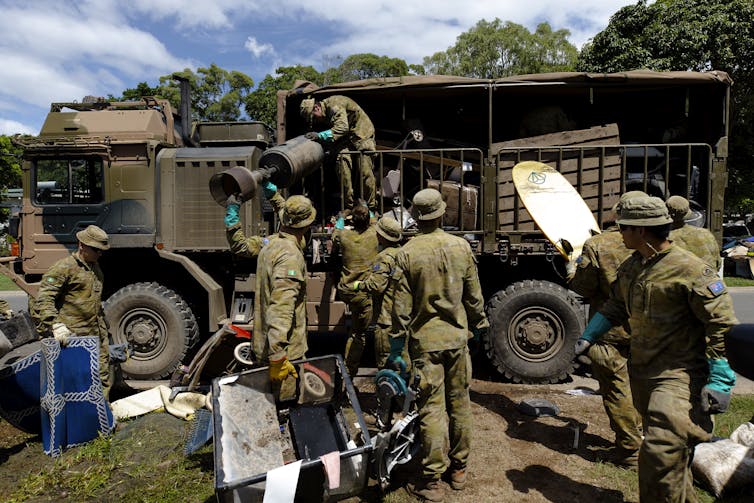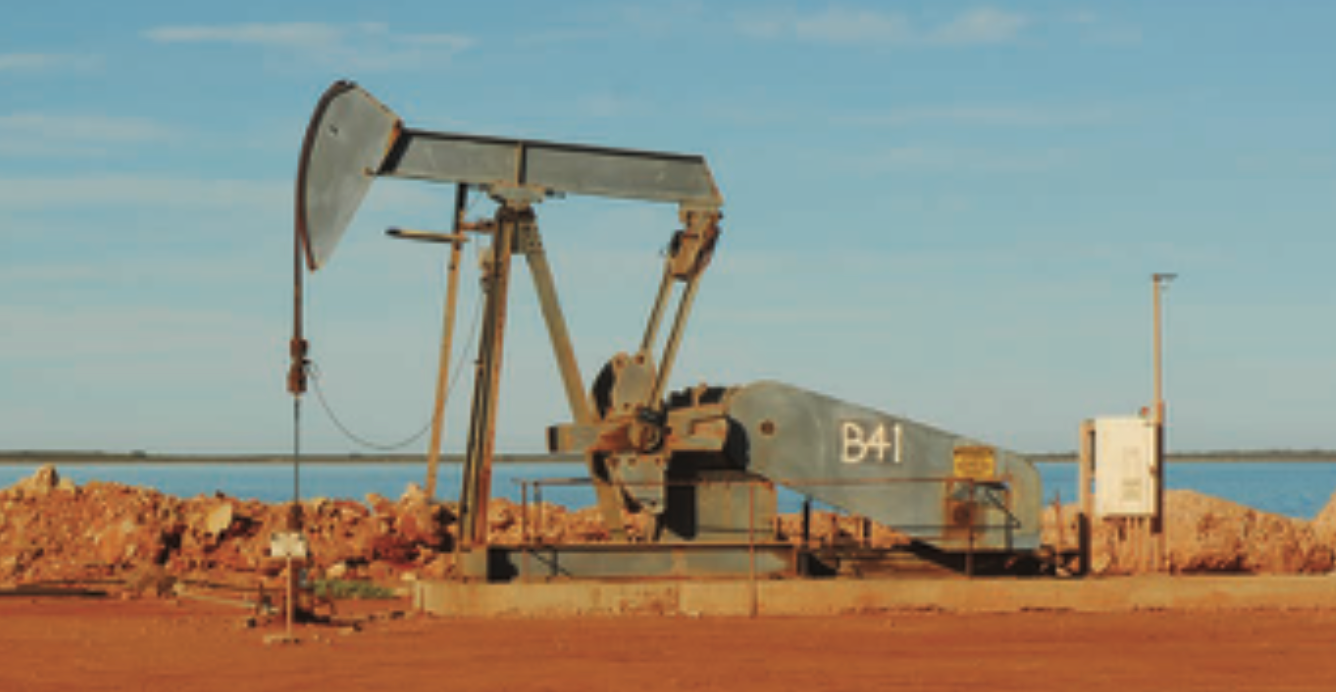Alcoa flags 'pretty aggressive' cost cuts at alumina refineries
Alcoa chief executive Bill Oplinger told Wall Street the US aluminium specialist could take strong action to boost profits from alumina, most of which it refines in Western Australia.
The former deputy prime minister's push against the "lunatic crusade" of limiting global warming is not backed by evidence.

One-time Nationals leader Barnaby Joyce sought to dominate the first sitting week of the current federal parliament by proposing a divisive plan to reverse Australia’s net zero emissions target.
The campaign, backed by fellow former Nationals leader Michael McCormack, aims to repeal what Joyce calls Australia’s “lunatic crusade” of net zero by 2050. It comes as Opposition Leader Sussan Ley convenes a working group to set a way forward on climate and energy policy following the Coalition’s historic election defeat.
Meanwhile, the Albanese government is considering Australia’s next round of emissions reduction targets. And scientists warn just three years remain for the world to keep global warming below the vital 1.5°C threshold.
If Australia is to take meaningful climate action, federal parliament must engage with the facts honestly and without distortion. So let’s take a closer look at whether Joyce and McCormack’s latest claims withstand scrutiny.
Joyce describes as “perverse” the notion that Australia’s net-zero goal can meaningfully help address global climate change.
This claim is not backed by science.
Every tonne of greenhouse gas emissions adds to global warming. What’s more, Joyce’s claim ignores the near-universal agreement of nations signed up to the Paris Agreement – including Australia – to pursue efforts (including domestic measures) to limit the average global temperature rise to 1.5°C.
It’s true that collective national efforts to curb warming have so far been insufficient. But that doesn’t mean they should be abandoned.

McCormack claims there is a growing global shift against net zero, and Joyce describes it as “a peculiar minority position”.
This statement is not backed by evidence.
In fact, the number of countries, cities, businesses and other institutions pledging to get to net-zero is growing.
In the United States, President Donald Trump has dismantled climate policy, damaging that nation’s progress towards net zero. But many US states have retained the target, and global climate action will continue regardless of Trump’s actions.
A landmark court ruling this week is likely to further strengthen global pressure for nations to ramp up emissions reduction. The advisory opinion by the International Court of Justice observed countries are legally obliged to prevent harms caused by climate change – including by regulating the fossil fuel industry.
As others have noted, Australia must now reconsider its stance on approving new fossil fuel projects – including those geared to export markets.
Joyce claims a net zero policy agenda is “treacherous” for Australia’s security and will “inflame our incapacity” to contend with geopolitical threats.
But evidence suggests the opposite is true. There is a significant link between climate change and certain types of military conflicts.
Research predicts the Australian Defence Force will become involved in more wars as the climate crisis escalates, and respond to more frequent climate-related disasters inside our borders.

Both Joyce and McCormack say the net zero target and associated renewable energy rollout is devastating regional Australia. The Institute of Public Affairs, a prominent right-wing think tank, this week launched a documentary making similar claims.
Joyce cited division in rural communities over renewable energy. In reality, there is significant support in regional Australia for such technology. A poll last year by Farmers for Climate Action found 70% of regional Australians in renewable energy zones support the development of renewable energy projects on local farmland.
Joyce also pointed to “the removal of agricultural land from production” to support his stance. However, analysis shows very little farmland is required for the clean energy transition.
What’s more, the cost of inaction is high. Climate change is disproportionately affecting cost of living for regional households – for example, due to higher insurance premiums.
Joyce also appears deaf to the myriad regional voices calling for stronger climate action.
The Mackay Conservation Group, for example, is challenging Whitehaven’s Winchester South coal mine in Queensland’s Land Court. Similarly, an environment group based in the NSW Hunter Valley this week successfully appealed the expansion of MACH Energy’s Mount Pleasant coal mine.

Clearly, the efforts of Joyce and McCormack to undermine Australia’s net zero goal are not backed by evidence.
The Coalition must heed the facts – not backbench pressure – as it weighs its climate and energy policy. Only then can Australia avoid reigniting the divisive climate wars that stalled progress and positioned Australia as a global laggard.
Likewise, the Albanese government must not be distracted from the climate action task. Australia’s next round of climate targets should be based on the best available science, and make a meaningful, credible contribution to the objectives of the Paris Agreement.
Ella Vines, Post-doctoral researcher, Green Lab, Monash University
This article is republished from The Conversation under a Creative Commons license. Read the original article.
All the info and a bit of comment on WA energy, industry and climate every Friday